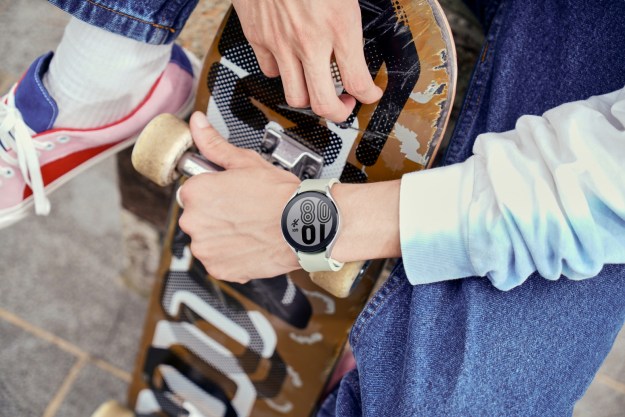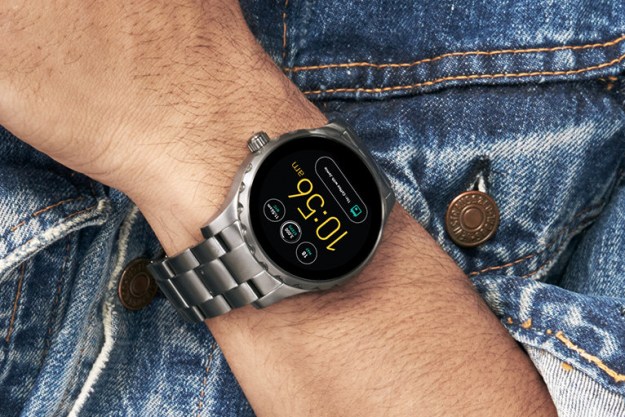While this may be beneficial for those of us looking to stay in touch with friends and family members hundreds or thousands of miles away, these new methods of communication may be something of a double-edged sword — as we spend more time online, how much less time are we spending with each other? Luckily, there’s now a wearable to answer that question — the Concepter Soul, heralded as the world’s first time-tracking platform.
We first reported about the Conceptor Soul when it debuted at CES 2016 in January. Conceptor just launched the wearable on Indiegogo, and as of publication has raised $1,195 of its $38,000 flexible goal.
The Soul has two components: An app and a sensor, the latter of which you can utilize as a wristband or a keychain. The idea is that the app or the sensor can detect other “Souls” when people come within 15 feet of one another. And rather than tracking fitness data like most wearables, the Soul begins measuring the amount of time spent when you’re in proximity with someone who has the sensor or app.
The free Soul app is only available on iOS at the moment, but the Android version will be released in June. With the app, you can add friends via Facebook and challenge each other on “leveling up” your friendship. It doesn’t track time spent when you’re sleeping, as it uses a method that’s similar to other sleep-tracking apps.
You can set goals in the app, check daily and weekly progress, and mark people as “soulmates.” The app also doubles as a messaging app, allowing you to send private messages to your soulmates. There’s also a “Let’s Meet” feature that you can use to organize a time and place to hang out. If you use the sensor as a keychain, you can also use the app to find your keys in case you misplace them.
You don’t need the sensor to track time spent, but the company says it’s less accurate without it, since GPS won’t take into account being on different floors of the same buildings.
The Soul Sensor differs in that it will track time spent with anyone within a 15 feet radius. The sensor is made of aluminum, and it has a battery life of six months. Both the sensor and the app work 24/7, so you don’t need to worry about turning anything on or off when you’re hanging out with someone.
If you grab the early bird special, you’ll get a Soul unit for $29 — that includes the silicon wristband and key chain. If the company receives more than $100,000 in funding, it will add leather band options for the sensor.
The app is free to use, and is available on iTunes to download.


